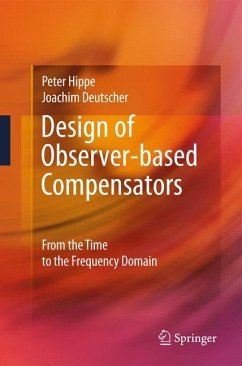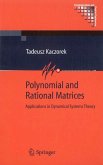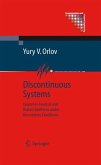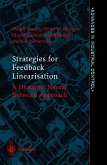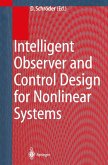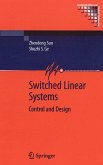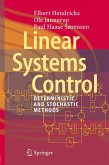The frequency domain design of observer-based compensators of all orders from the full-order to the completely reduced-order compensator is covered. The design of decoupling and disturbance rejecting controllers is presented. Furthermore, solutions are given to the linear quadratic and the model matching problems. The pole assignment is facilitated by a new parametric approach which is formulated directly in the frequency domain. Anti-windup control is also investigated in the framework of the polynomial approach. Though mainly continuous-time systems are considered, the discrete-time results for disturbance rejection and linear quadratic control are also presented.
The monograph contains worked examples that can easily be reproduced by the reader, and the results are illustrated by simulations.
Design of Observer-based Compensators will be of use as a reference for control engineers, graduate students and researchers who are familiar with the time domain design and who want to become acquainted with the frequency domain design using polynomial matrices.
Dieser Download kann aus rechtlichen Gründen nur mit Rechnungsadresse in A, B, BG, CY, CZ, D, DK, EW, E, FIN, F, GR, HR, H, IRL, I, LT, L, LR, M, NL, PL, P, R, S, SLO, SK ausgeliefert werden.
"This book uses polynomial matrices to develop a frequency-domain approach for the design of observer-based compensators. ... The work is generally self-contained and easy to read ... . Each chapter starts with an introduction which presents its topic, history and content. A significant number of worked-out examples illustrate the concepts and algorithms provided. Many results have been obtained by the authors in a series of papers indicated in the references. ... presents a selection of the most important and useful works in the field." (Valeriu Prepelita, Mathematical Reviews, Issue 2011 e)

